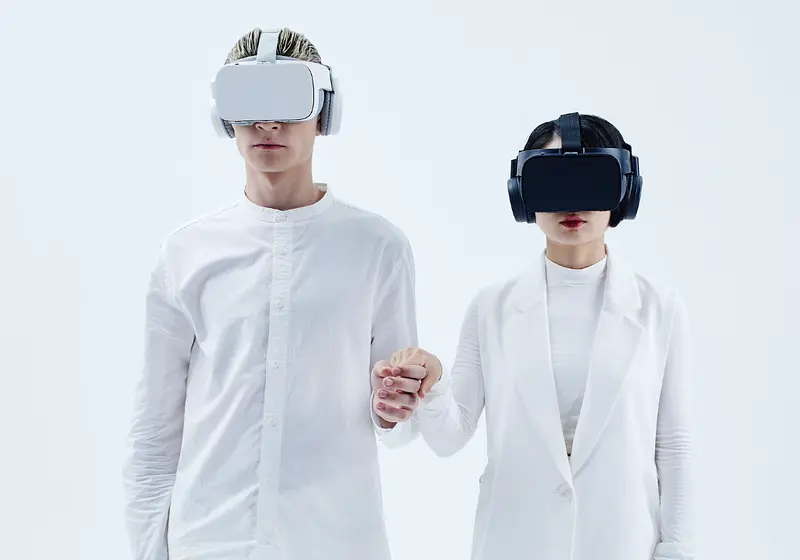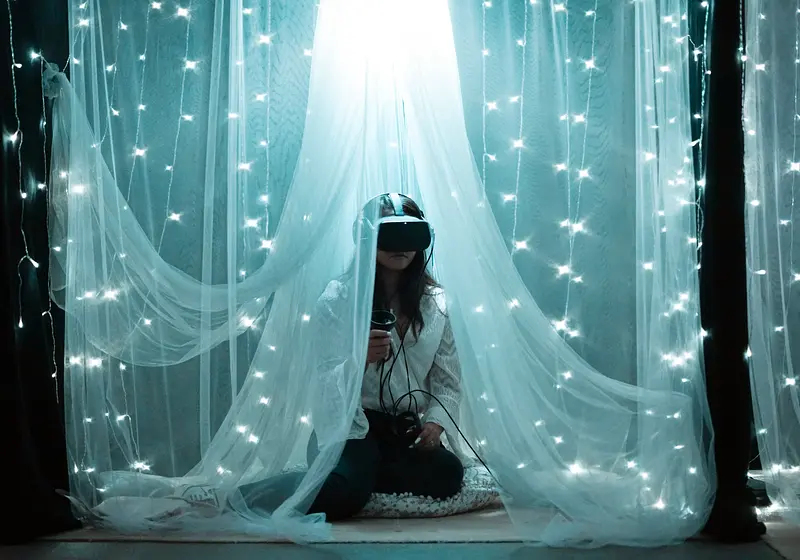Believe it or not, AI has been around for quite some time. Since the 1950s, it has been defined as a machine’s ability to perform a task that would've previously required human intelligence. This is quite a broad definition, so it has changed over decades of research and technological advancement.
Let us slide into your dms 🥰
Get notified of top trending articles like this one every week! (we won't spam you)AI Is All Around Us
Our human intelligence has been vitally important in creating these scientific endeavours, which is why it has been adapted to make our lives easier. This is why AI is around you now far more than it has ever been around. Have you realised that the built-in smart speakers on your mantle with Alexa or Google voice assistant are just some everyday used examples of AI? Other good examples are popular AI chatbots, such as ChatGPT, Bing Chat and Google Bard.
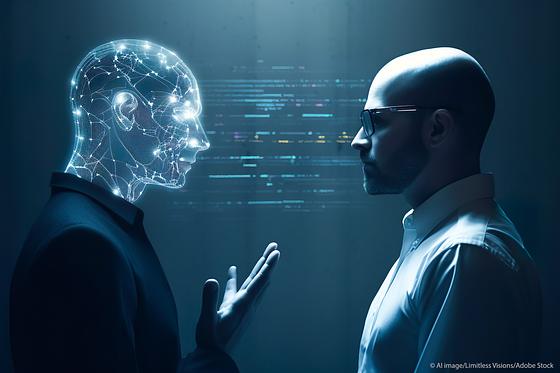
Take the Quiz: Which Indian city is the perfect holiday spot for you!?
Let's match you with an Indian city that you would love!
So what is so bad about it?
The drawbacks of AI are what's so bad about it. There are high costs that come attached to the whole situation. Creating a machine that can simulate human intelligence requires plenty of time and resources and can cost a vast deal of money. AI must also operate on the latest hardware and software to stay updated, which can be costly.
The most feared disadvantage that you may have discussed yourself is unemployment. For instance, robots are frequently utilized to replace human resources in manufacturing businesses in some more technologically advanced nations, like Japan.
Another drawback that some might unfortunately be fond of would be, that it ultimately makes humans lazy. AI has been created to programme the majority of tedious and repetitive tasks and so we do not have to memorize things or solve puzzles to get the job done. This means we will use our brains less and less, which might turn out to be a problem for future generations.
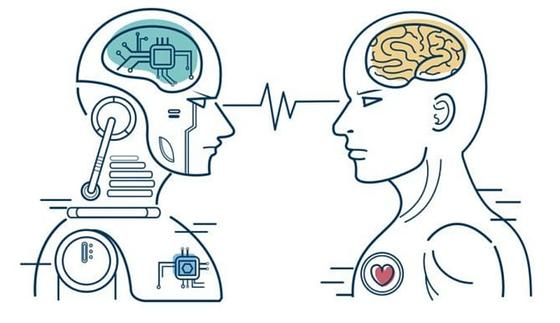
On The Flip Side....
This can be proved by the new inventions that have aided humans in resolving the most challenging issues. For instance, recent advances in AI-based technologies have allowed doctors to detect breast cancer in a woman at an earlier stage.
Also, as AI has no emotions, it is highly practical and rational in its approach towards making decisions, unlike humans who are pushed by emotions. This has led to many more accurate decisions being made swiftly, which will provide real-time insights and help organisations make fast decisions in high-stakes environments, where decisions must be made quickly and accurately to prevent costly errors or save lives.
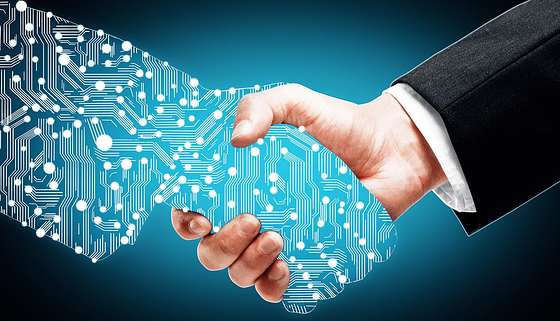
Can the world get rid of humanity?
As we know, AI has many negatives, but these can arguably be outweighed by its positives, which leads to the argument that it ultimately cannot replace humankind. Here are the reasons why:
- AI lacks emotional capability
- AI can only function based on data it receives, so its creative process is limited to this data
- AI does not have soft skills which only humans can have (soft skills include teamwork, attention to detail and creative thinking, which are necessary for most industries)
- Most prominently, AI was made to complement human ability and intelligence and not compete with it
So, while AI can perform specific tasks more quickly and accurately than humans, it lacks the same general intelligence, creativity, and social understanding humans possess.
However…
According to a recent study, half of all AI researchers believe there is at least a 10 per cent chance of AI causing human extinction, with many warning that robots could be capable of human-like goals such as attaining high political office, starting new religions or even playing God. Google’s CEO Sundar Pichai admits the thought keeps him awake at night.
ChatGPT’s creator Sam Altman says he’s a “little bit scared” of the technology. DeepAI founder Kevin Baragona has likened the relationship between humans and AI to “a war between chimps and humans”.
But doing this research, it is still evident that even though AI’s chances of replacing humans are low, it does not mean that we can underestimate its ability to change the ordinary human environment.
A report by the World Economic Forum shows that while machines with AI will replace about 85 million jobs in 2025, about 97 million jobs will be made available in the same year thanks to AI. So, the big question should rather be: How can humans work with AI instead of being replaced by it?






